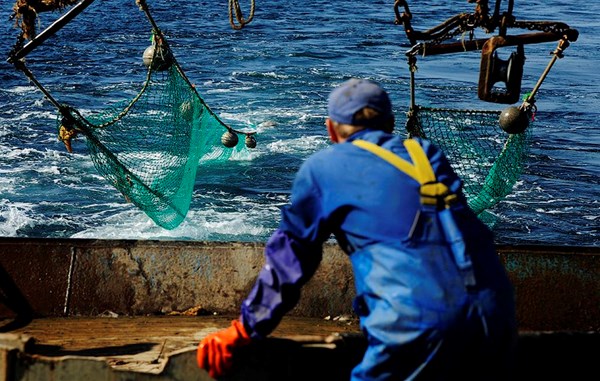Russia suspected of using fishing vessels for sabotage and reconnaissance in Baltic Sea and Arctic Ocean
According to journalists from the investigative center Dossier, Russia may be involved in damaging the Balticconnector gas pipeline in October 2023, located in the sea between Estonia and Finland, as well as damaging the fiber optic cable near the Svalbard archipelago in January 2022. In addition, Russian intelligence services are reportedly directly linked to a number of accidents that have occurred in the waters of the Arctic Ocean in recent years, claim the authors of the investigation.
"In the past two years, several mysterious incidents have occurred near the coasts of Scandinavia involving damage to underwater infrastructure. The latest incident occurred on October 8 - when a Chinese container ship disabled the gas pipeline between Finland and Estonia, according to Finnish police. The Dossier center verified the ship's owners and found connections to Russia. And in previous incidents, Russian vessels were even identified as suspects," the investigation states.
As Dossier discovered, the ultimate owner of the vessel Newnew Polar Bear, which is believed by the Finnish police to be involved in damaging the Balticconnector gas pipeline, is a Chinese entrepreneur named Fan Yuxin.The journalists claim that the businessman has close ties to Russia: in 2016, he opened a company called "Russk-kit Center for Education and Culture" in Moscow, which was later renamed to "Torgmall".
On January 7, 2022, prior to Russia's invasion of Ukraine, a sudden failure of the fiber optic cable connecting the archipelago of Svalbard with mainland Norway occurred. This cable transmitted data from the SvalSat satellite stations, which are used by NASA and the European Space Agency. The Norwegian police reported that traces of fishing vessel equipment were found in the area of the incident on the sea floor.
Journalists have discovered that the only vessel in the vicinity of the incident that morning was the Russian fishing trawler "Melkart 5". Analysts from Dossier claim that the vessel could indeed have come into contact with the sea floor in the area of the incident. However, they also note that part of the responsibility lies with the company that laid the fiber optic cable. According to regulations, if fishing is carried out in the waters, the communication cable should be buried to a depth of up to two meters. The Norwegian police closed the case on cable damage two months after the incident.
According to experts from the Dossier center, leading positions in the majority of Russian fishing companies operating in northern waters are held by former FSB employees. The investigation center claims that most fishing vessels, which were created using Soviet technology, can easily be converted into mine sweepers.
